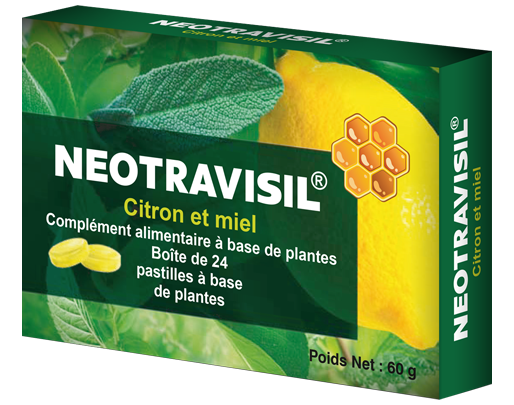
In the modern world, especially when living in a big city, where many factors affect the human body every day, the causes of coughing can be different - too dry or cold air, chemicals, dust, tree pollen, viral and bacterial infections, diseases of internal organs, etc. many others. Therefore, in the treatment of cough, the first task is to establish its cause, and if it is really caused by a dysfunction of the respiratory tract, the question arises - how to navigate in all the variety of medicines and which drug to choose.
Doctors often prescribe cough relievers based on their own experience and preferences or based on pricing (for example, cheaper ones), patients also often buy medicines that are available in nearby pharmacies, or those that friends, neighbors and relatives have advised them. ...
Treatment for acute respiratory viral infections or influenza is usually symptomatic: its goal is to reduce intoxication, fever, pain syndrome and fluid loss, as well as weaken the inflammatory process in the upper respiratory tract, and make the patient's condition more comfortable. In acute respiratory infections, a dry cough is usually caused by an infection and inflammation of the upper respiratory tract, and does not require special treatment unless it causes serious inconvenience to the patient and harm to his body (does not cause vomiting, bleeding, high blood pressure, insomnia, etc.) ).
In the normal course of the disease, a dry cough can turn into a wet productive cough, which in some cases can be complicated by increased irritability of the walls of the bronchial tree, bronchospasm, and bronchial obstruction.
Any combination drugs is a clearly balanced combination, and the components of the drug, when taken simultaneously, should have a greater therapeutic effect than each of them separately.
Normal sputum excretion can be impaired for various reasons - for example, with inflammation of the lower respiratory tract, cough can be caused by mucosal edema, increased tone of the bronchial wall, too much viscosity and "sticking" of sputum to the walls, decreased activity of ciliated epithelium. The concept of "mucoactive drugs" unites all drugs that affect the natural mechanism of airway clearance due to the work of the ciliated epithelium and the advancement of bronchial mucus up the walls of the respiratory tract: these are drugs that make sputum less viscous, normalize its biochemical composition, enhance the work of ciliated epithelium, stimulating the cough reflex, relieving bronchospasm. To regulate each of these processes, there are at least several medicinal monopreparations (i.e.Any combination drugs are not just a mixture of various substances, but a well-balanced combination that meets international and Russian requirements.
Combined herbal preparations, as a rule, are well tolerated and have a positive effect not only on cough, but also on the patient's general well-being, improve metabolism, and increase the general tone of the body.
Combined herbal preparations (phytopreparations) contain biologically active substances that are naturally included in the metabolic processes of the body. As a rule, these drugs are well tolerated and also have a beneficial effect on several components of the pathological process simultaneously. In addition, many substances of plant origin have a positive effect not only on the cough, but also on the general well-being of the patient, improve metabolism, and increase the general tone of the body.
In the development of combined drugs for the treatment of the respiratory tract based on essential oils or plant extracts, the following combinations are widely used to enhance the action of certain components:
- Combinations of active substances (for example, eucalyptus - marigold flowers, eucalyptus - sage), which enhance the bactericidal effect of individual components;
- Combinations of active substances (for example, licorice - plantain), which enhance the expectorant effect.
When it becomes necessary to take several medications at the same time in compliance with certain conditions (simultaneously or separately, before or after meals, etc.), the likelihood that the patient will not get confused, will not forget or deliberately will not stop taking a particular drug is significantly reduced. Combined drugs for the treatment of cough can reduce the number and frequency of medication and when using such drugs, patients can more easily follow medical recommendations. At the same time, in certain cases, in accordance with the recommendations of the attending physician, preference may be given to monopreparations, for example, when some components cause allergies or disrupt digestion processes.
References:
1. N.М. Shmeleva. Combined mucolytics in the practice of a general practitioner. Practical Pulmonology, 2015, No. 3, 80-86.
2. I.L. Klyachkin, A.I. Sinopalnikov. Fixed combinations of mucoactive drugs in a cough treatment program. Practical Pulmonology, 2015, No. 1, 74-84.
3. V. K. Kotlukov, K. V. Kozyukova, A. S. Airapetyan, N. V. Antipova. Cough therapy in children with acute respiratory infections using herbal extracts. Medical Council, 2015, No. 14.
4. N. S. Paramonova, G. V. Sorokopi. Cough in children: modern approaches to diagnosis and treatment. GRSMU, No. 1, pp. 78-81, 2011.






